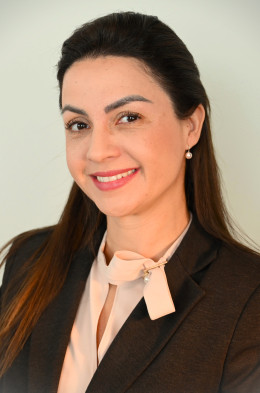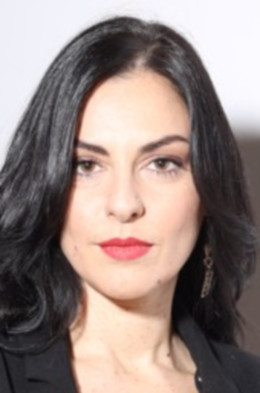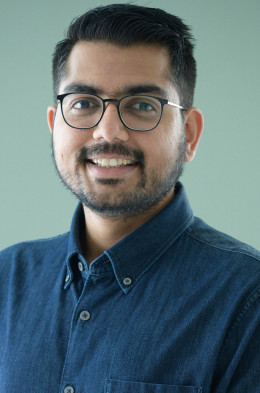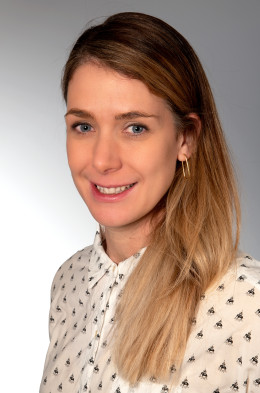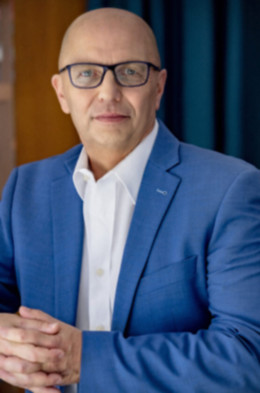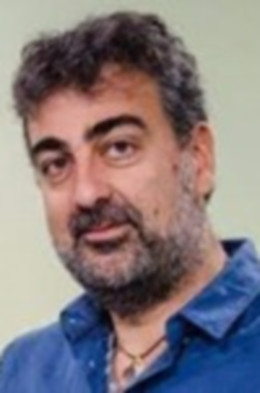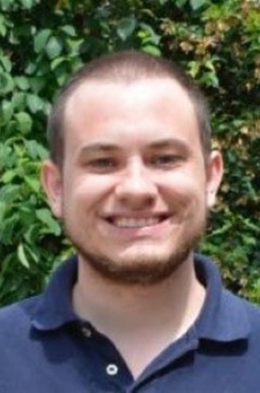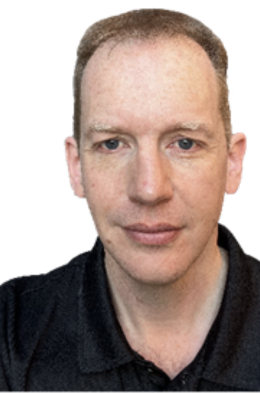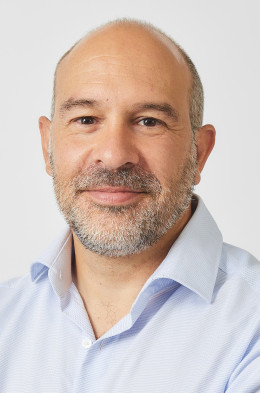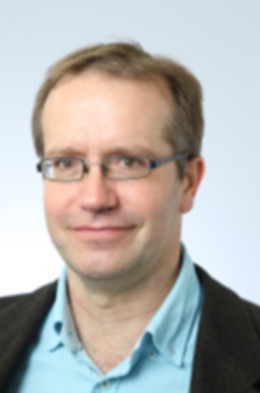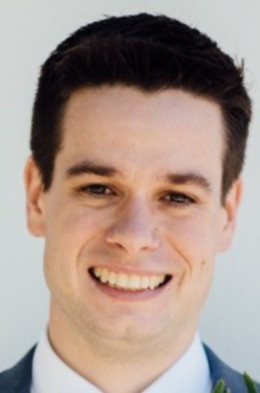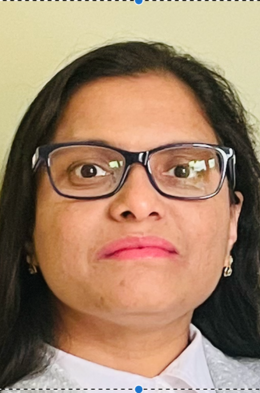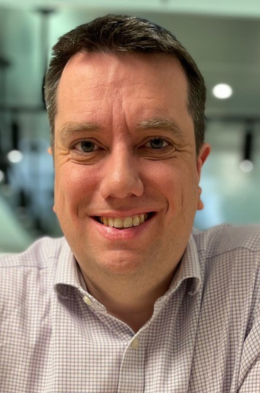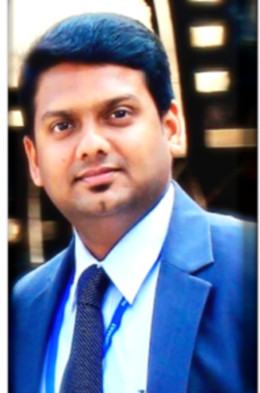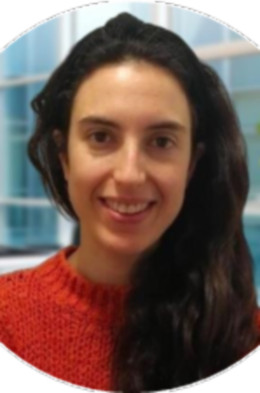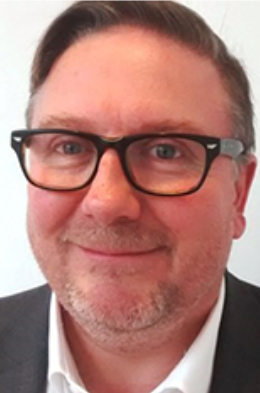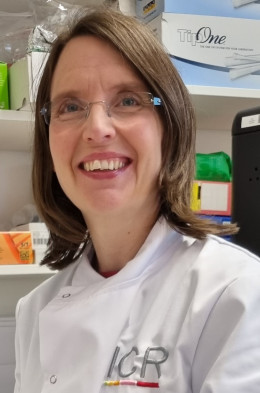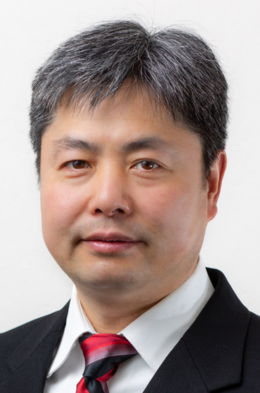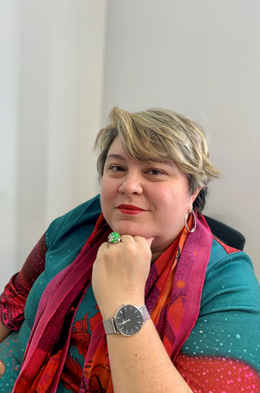Dr Sreejith Raveendran is currently a Senior Lecturer in Biotechnology at the School of Health and Life Sciences, Teesside University, UK. He worked as a Project Coordinator for the India-Japan Bio nano mission phase-II project for the Collaborative research and education program at the Indian Institute of Technology, Delhi (IITD), has been pursuing cutting-edge research and teaching in the field of nanobiotechnology, and targeted theranostics via several multidisciplinary biological platforms since 2007. His prime areas of research include but are not limited to personalised medicine, nanomolecular targeting, biosensor development and novel therapeutics for cancers. He completed his PhD in Bionanoscience fusion under a MEXT fellowship from Japan and did 4.5 years of Postdoctoral research in cancer nanotechnology at Bio-Nano Electronics Research Centre, Toyo University, Japan. Later, he was awarded with Marie Sklodowska Curie Actions Individual Fellowship (European Commission) for Glioma drug research and moved to the University of Brighton, UK. In his early career, he worked as a Research Associate in Infection Pharmacology at AstraZeneca India Pvt. Ltd., for drug discovery research against tuberculosis and served as a Junior Research Associate in the Bio�resources division of Abl Biotechnologies Ltd., India for extraction and biopharmaceutical applications of marine products and secondary metabolites. He received several awards including IAAM young scientist award in 2018, the Nanosmat prize in 2014 and much extramural funding, including 2 prestigious global grants, and has published 23 research papers, 2 review papers, 2 book chapters, and presented 25+ international conferences, symposiums, and invited talks, so far. Sreejith has established an outstanding international research network with various premier research institutes and universities across US, UK, India, Europe, Japan, Singapore and Australia. Sreejith’s main scientific goal is to develop a therapeutic cancer nano vaccine and a wearable nanosensor for early-stage detection of cancers in conjunction with Artificial Intelligence. Using his sound knowledge in nanobiotechnology, nanofabrication, material science, cancer cell biology, microbiology, and immunology, he is interested to pursue more dvanced studies in disease targeting, bio-medical technology and bio�nanoscience.




